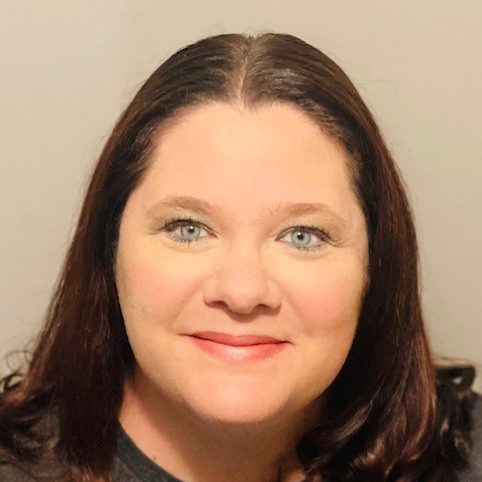Originally published in the Winter 2022 Issue of Kansas Child Magazine.
Welcoming the Community into Your Child Care Program
As child care providers, we have responsibilities beyond taking excellent care of our kids and offering educational opportunities. We should also strive to provide family and community support, as well. Here are some engagement ideas that I’ve found successful in the past, broken down into three key categories.
Family involvement with the Program
One of the most obvious ways to engage families is to involve them in day-to-day operations. You also want to make sure they have the opportunity to voice their concerns or suggestions.
- Interacting with parents and other family members during drop-off or pick-up.
- Providing surveys and evaluations of your program, as well as classrooms and teachers.
- Inviting families to join an educational activity, field trip, or a day dedicated to grandparents, siblings, or other relatives.
- Holding meetings with parents or guardians before their child starts with a new teacher, when the child transitions to another room, and during parent-teacher conferences.
- Providing information through newsletters, parent pages, daily sheets, or mobile apps in order to keep parents informed about their child’s day.
- Sending fun activities home with the child to complete with their family.
- Distributing a family questionnaire to learn about ethnic and cultural preferences.
- Creating a holiday program or multicultural potluck dinner.
Helpful tip: Having multiple family-oriented events during the year helps create a culture of involvement and acceptance.
Connecting Parents with Community Support
The options are truly unlimited when it comes to offering community support. Your community partners should play a vital role in the success of your program. Most of the time, it just takes a quick phone call to get the partnership started.
- Partnering with a local therapist or psychologist to provide training for staff — and for parents.
- Looking into free speech, hearing, or vision screenings.
- Informing parents about local resources that can provide financial support.
- Inviting your local surveyors or DCF representatives to provide educational support to your teachers and families.
- Working with local farmers and other local businesses or organizations to facilitate educational activities.
- Asking a local dentist, occupational therapist, or doctor to provide a screening or an unofficial observation.
- Working with local behavior specialists, school officials, and psychologists/psychiatrists on assessments and school gating criteria.
Supporting Community Partners
We can also give back to the community that sustains us. We want the companies and individuals who support us to know that we support them in turn. For instance, if a farmer donates some produce for a cooking activity, give your families the farmer’s information so they can buy local produce. If a therapist performs a behavior assessment, refer families to that therapist. If a vision, dental, or medical specialist performs a screening, direct families to seek services from that office. We can also support partners by listing them as a resource on flyers, in our facilities, on our website, and on our social media accounts.
Partnerships should be a key component of your program. Not only do they enhance the quality of your care and education, but they can also contribute to your staff’s professional development and your families’ continued well-being.
Remember: Every moment is a teaching moment — whether you are teaching families, staff, or children.
-

Jillian Hoefer
Director, Wichita State University Child Development Center
Jillian has worked at the Wichita State University Child Development Center for more than 20 years. She is also an adjunct professor in the Early Childhood department at Butler Community College, a success coach and adjunct professor in the Teacher Apprentice Program at Wichita State University, and an advocate for children in the greater Wichita area. Jillian is involved in many early childhood organizations and sits on several boards in the community. She considers it her mission to provide exceptional quality care to the children in her program, educate parents, and develop phenomenal early childhood teachers.






